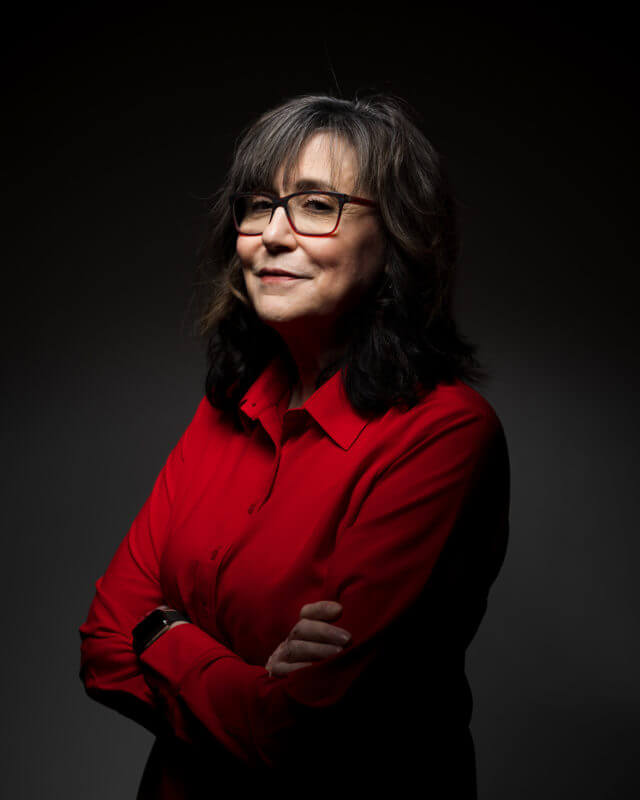Lessons Learned
Keeping patients close to home.

Cindy Firkins Smith, MD
One thing that is unique to rural frontline health care workers is that in a small community, everybody knows everybody. So the person who’s coming in, and is critically ill, is oftentimes your neighbor, your friend, or your family member.
So you’re not only trying to save someone’s life, but you’re trying to save someone’s life that you know, and you love and you care about and you live beside. It creates another layer of emotion, commitment, fear and distress when you feel like you can’t do enough.
We are committed to taking the lessons that we learned from COVID and optimizing them to be better moving forward. What we learned was that with the right support, we could do a lot of things in local hospitals and in local communities that we didn’t think we could do before. And we could do them safely, economically, with people living in those communities delivering the care, and with local families there to support their loved one.
Because the further you have to send a patient away from their home, the more challenging it is to have that support. People want to stay close to home if it’s safe for them and if they can get great care. We will always need a tertiary and quaternary care hospital for really complicated things, and we need to make sure that the complicated things go to the tertiary and quaternary hospitals.
But we don’t want to fill up those hospitals with things that can be taken care of in a critical access hospital or a community hospital. So we’re committed to not snapping back to the way it was before. We want to keep care local when it’s the right thing to do. And that will help us enable St. Cloud Hospital to be available for the patients that really need it.


Dr. Cindy – thank you so so much for your leadership, care, compassion, and passion for rural medicine, working as teams, and making things work during impossible times. We are lucky to have you and all of our amazing coworkers. Thank you.